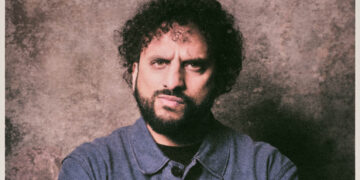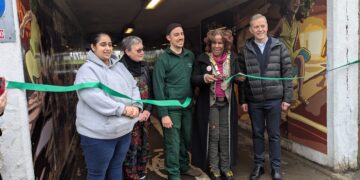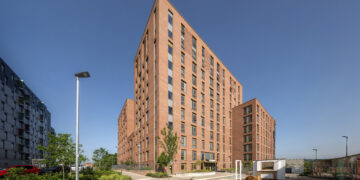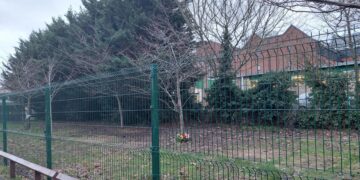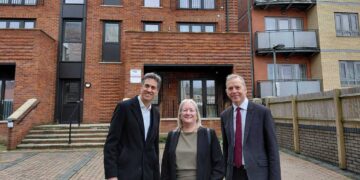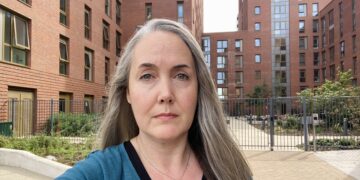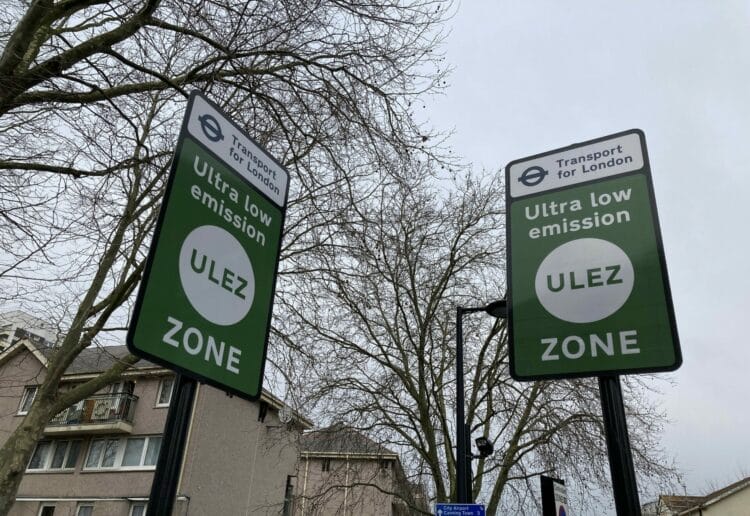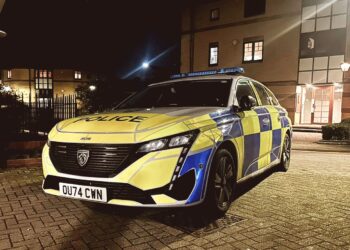A COUNCILLOR has ruled out plans for an Ultra Low Emission Zone (ULEZ) in Reading.
But residents’ views are wanted as the council seeks to meet climate and air quality goals while also keeping the town moving.
Reading Borough Council has launched a public consultation for its transport strategy for 2040.
And Cllr John Ennis was keen to stress this was not about implementing a ULEZ zone.
There is a growing number of ‘Clean Air Zones’ in the UK where cities have implemented restrictions on car and van drivers.
In London, drivers of non-ULEZ compliant cars have to pay £12.50 a day to drive in the city.
Reading Borough Council says it wants to reduce traffic congestion, improve air quality and achieve the council’s net zero carbon emissions target through its new transport strategy.
One of its key objectives will be encouraging people to use alternatives to cars.
Lead cabinet member for transportation Cllr Ennis (Labour, Southcote), said: “We’re trying to encourage alternatives to the car not eradicating them, by walking, cycling or taking a bus.
“Car ownership has doubled and it can be a struggle. We are having more developments, if everybody had a car that would cause an even bigger problem.
“A lot of people need their vehicles, and it’s about the nature of that vehicle, encouraging more efficient ones, or can they use other forms of transport.
“We want to encourage people to become more active.”
Under proposals, the council could increase parking charges for ‘highly polluting vehicles’, charge people for ‘low occupancy’ polluting vehicles and re-design road space to make way for new cycle and bus lanes.
However, the council would stop short of introducing a congestion charge, Cllr Ennis said.
The councillor said: “It is not penalising drivers, we are encouraging people to think about travel so there can be reasonable discussions about transport 17 years into the future.
He confirmed: “There is no plan for an Ultra Low Emission Zone (ULEZ) in Reading.”
He also mentioned the long-running discussions about the establishment of a third Thames bridge, which would relieve pressure on the Reading and Caversham bridges and allow drivers to bypass the town.
The council also wants to encourage the switch to electric car use by increasing the number of charging points at council car parks, and on-street and identifying the best places for these charging points near amenities such as hospitals, visitor attractions and transport hubs.
The council is engaging in a statutory consultation for the Reading Transport Strategy 2040 which closes on Monday, December 11.
The survey is on Reading Borough Council’s ‘consult Reading’ website, or can be accessed by emailing: transport@reading.gov.uk




